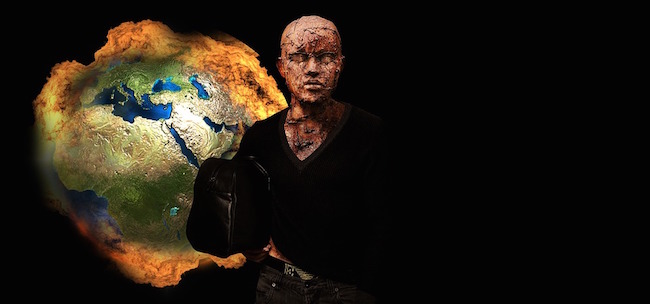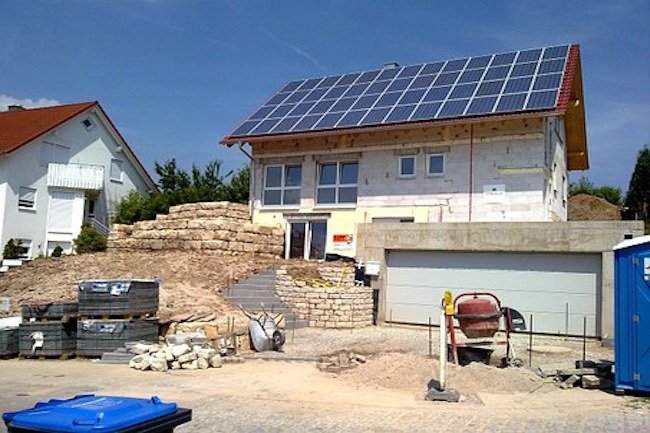15 Common Dynamics of Total Collapse by Fabian Ommar for The Organic Prepper
When it comes to how we see and prepare for SHTF, thinking in terms of real and probable rather than fictional and possible can make a big difference. Even though SHTF has many forms and levels and is in essence complex, random, diverse and unsystematic, some patterns and principles are common to the way things unfold when it hits the fan.
With Toby and Selco’s Seven Pillars of Urban Preparedness as inspiration, I came up with a different list of the 15 dynamics and realities of collapses.
#1 SHTF is nuanced and happens in stages
Thinking about SHTF as an ON/OFF, all-or-nothing endgame is a common mistake that can lead to severe misjudgments and failures in critical areas of preparedness. Part (or parts) of the system crash, freeze, fail, or become impaired. This is how SHTF happens in the real world. And when it does, people run for safety first, i.e., resort to more familiar behaviors, expecting things to “go back to normal soon.”
By “normal behaviors,” I mean everything from hoarding stuff (toilet paper?) to rioting, looting, and crime, and yes, using cash – as these happen all the time, even when things are normal. But no one becomes a barterer, a peddler, a precious metals specialist in a week. Society adapts as time passes (and the situation requires). That’s why preppers who are also SHTF survivors (and thus talk from personal experience) insist that abandoning fantasies and caring for basics first is crucial. This is not a coincidence. It is how things happen in the real world.
Recently I wrote about black markets and the role of cash in SHTFs, emphasizing these things take precedence except in a full-blown apocalypse – which no one can say if, when, or how will happen (because it never has?). Now, I don’t pretend to be the owner of the truth, but those insisting changes in society happen radically or abruptly should check this article about the fallout in Myanmar.
#2 Everything crawls until everything runs
Number two is a corollary to #1. SHTF happens in stair-steps, but most people failing to prepare and getting caught off-guard is evidence of the difficulty of the human brain to fully grasp the concept of exponential growth. It bears telling the analogy of the stadium being filled with water drops to illustrate this.
Let’s say we add one drop into a watertight baseball stadium. The deposited volume doubles every minute (i.e., one minute later, we add two more drops, then four in the next minute, eight in the next, then sixteen, and so on). How long would it take to fill the entire stadium? Sitting at the top row, we’d watch for 45 minutes as the water covered the field. Then at the 48-minute mark, 50% of the stadium would be filled. Yes, that’s only 3 minutes from practically empty to half full. At this point, we have just 60 seconds to get out: the water will be spilling before the clock hits 49 minutes.
This is an important dynamic to understand and keep in mind because it applies to most things. Another example: it took over 2 million years of human prehistory and history for the world’s population to reach 1 billion, and less than 250 years more to grow to almost 8 billion.
#3 The system doesn’t vanish or change suddenly
Based on history, the Mad Max-like scenario some so feverishly advocate is not in our near future.
The Roman Empire unraveled over 500 years. We may not be at the tipping point of our collapse or the last minute of the flooding stadium, as illustrated in #2 above. But time is relative, and those 60 seconds can last five, ten, fifteen years. Things are accelerating, but there’s no way to tell at which point in the curve we are.
That doesn’t mean things will be normal in that period. A lot has happened to people and places all over the Roman empire during those five-plus centuries: wars, plagues, invasions, droughts, shortages, all hell broke loose. Our civilization has already hit the iceberg, and the current order is crumbling. There will be shocks along the way, some small and some big. But SHTF is a process, not an event.




